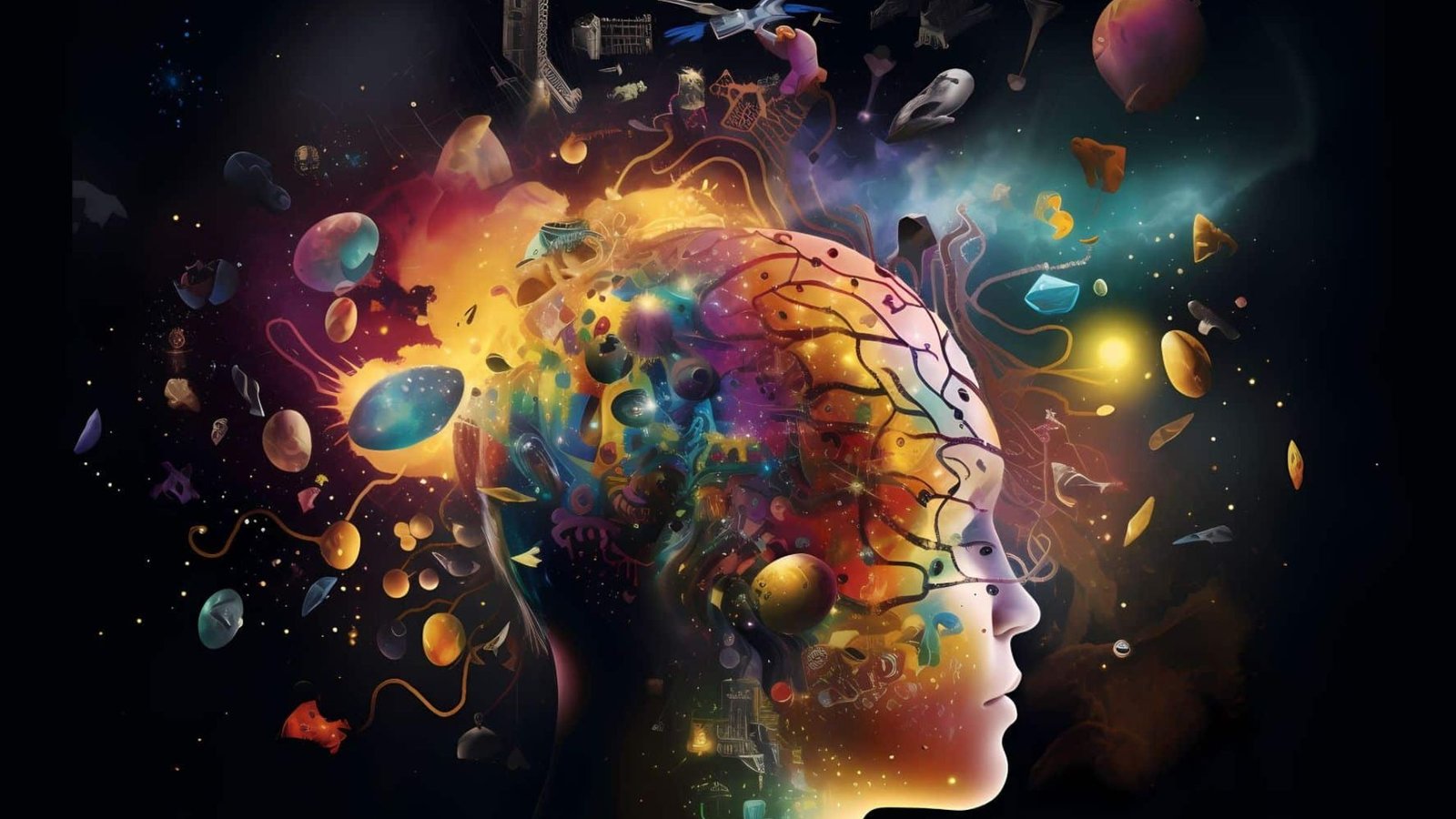Interpreting dreams can be a fascinating journey into your subconscious. One of the most effective ways to understand your dreams is by relating them to your personal experiences. This connection can provide valuable insights into your emotions, relationships, and life situations. Here’s how to effectively relate personal experiences to dream interpretation.

Why Personal Experiences Matter
- Emotional Context: Personal experiences shape your emotions, and these emotions often appear in your dreams. Recognizing this connection helps you understand the feelings underlying your dreams.
- Symbolic Meanings: Symbols in dreams often relate to specific events or people in your life. By identifying these connections, you can gain a clearer understanding of what your dreams are trying to convey.
- Self-Reflection: Relating dreams to your life encourages self-reflection, promoting personal growth and emotional healing.
Steps to Relate Personal Experiences to Dream Interpretation
1. Keep a Dream Journal
- Record Your Dreams: Write down your dreams as soon as you wake up. Include as many details as possible, such as characters, emotions, and events.
- Note Personal Connections: Next to each dream entry, write down any personal experiences that relate to the themes or symbols in the dream. This will help you draw connections later.
2. Identify Key Themes and Symbols
- Common Symbols: Look for recurring symbols in your dreams, such as animals, places, or people. Research their general meanings, but also think about how they relate to your own life.
- Personal Associations: Reflect on what these symbols mean to you personally. For example, dreaming of water might symbolize emotions, but consider if it relates to a specific event, like a vacation by the ocean.
3. Reflect on Recent Life Events
- Current Life Situations: Consider recent events or changes in your life. Are you facing a new job, relationship challenges, or personal losses? Your dreams may be processing these experiences.
- Emotional Reactions: Think about how you felt during these events. Are these emotions mirrored in your dreams? For instance, if you feel anxious about a presentation, dreaming of being unprepared may reflect that anxiety.
4. Connect Dreams to Relationships
- People in Your Dreams: Identify the individuals who appear in your dreams. Do they represent someone from your past or present?
- Relationship Dynamics: Consider the nature of your relationship with these individuals. Are there unresolved issues or feelings that need addressing? For instance, dreaming of an old friend may indicate nostalgia or unresolved feelings.
5. Explore Your Emotions
- Dream Emotions: Pay attention to how you feel during the dream and upon waking. Strong emotions can indicate important messages from your subconscious.
- Connect to Personal Experiences: Relate these emotions to your current life circumstances. If you feel joy in a dream about a celebration, think about what events in your life are currently bringing you happiness.
6. Analyze Recurring Dreams
- Recognize Patterns: If you have recurring dreams, analyze their themes in the context of your life. Are they highlighting specific fears, desires, or unresolved conflicts?
- Document Changes: Note how these dreams evolve and how your life experiences may influence them. This can help track your emotional growth or stagnation.
7. Seek Feedback
- Talk to Others: Sharing your dreams with trusted friends or family can provide new perspectives. They might offer insights based on their own experiences or interpretations.
- Join a Dream Group: Participating in a dream analysis group can create a supportive environment for sharing and interpreting dreams together.
8. Use Creative Expression
- Art and Writing: Use art, journaling, or other creative outlets to express your feelings about your dreams and related experiences. This can clarify your thoughts and emotions.
- Visualization: Try visualizing your dream scenarios while reflecting on your personal experiences. This can deepen your understanding of the connections.
Final Thoughts
Relating personal experiences to dream interpretation can significantly enhance your understanding of your dreams. By keeping a journal, identifying themes, reflecting on your emotions, and engaging in self-reflection, you can uncover valuable insights.
Dreams serve as a bridge to your subconscious, revealing truths about your feelings, relationships, and life situations. Embrace this journey of self-discovery, and allow your dreams to guide you toward greater awareness and personal growth.



